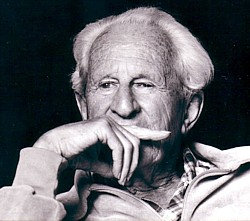
Karl Marx’s groundbreaking account of labor alienation forms an invaluable part of his thought. For Marx, alienation was fundamental to grasping capitalism and how to dismantle it.
For Herbert Marcuse, like the existentialists, alienation was associated with objectification as such, rather than with a particular condition under capitalism. In Eros and Civilization (1955), he distanced himself from Marx, arguing that human emancipation could only be achieved with the abolition — not the liberation — of labor and with the affirmation of the libido and play in social relations. Marcuse ultimately opposed technological domination in general, losing the historical specificity that tied alienation to capitalist relations of production, and his reflections on social change were so pessimistic as to often include the working class among the subjects that operated in defense of the system.
By Marcello Musto